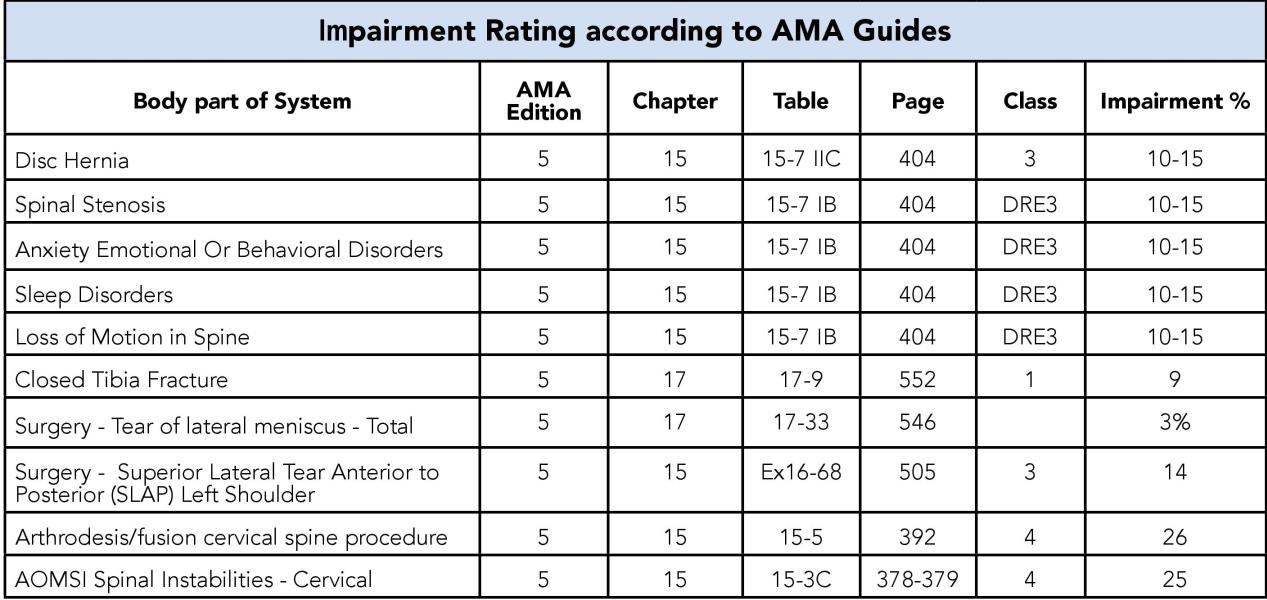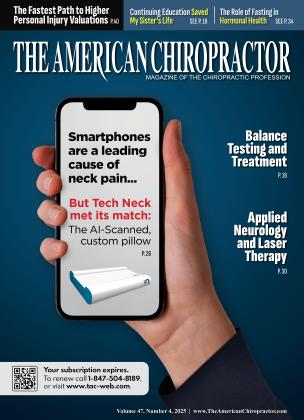Imagine attorneys achieving 25% higher valuations for their clients thanks to your expertise. This transformation elevates your role from a treatment provider to a pivotal asset in maximizing claim value. What if you could accomplish this swiftly using an AI-driven platform that converts your clinical findings into precise impairment ratings, enabling you to bill $450 per case with the appropriate CPT code?
This scenario isn’t hypothetical. Chiropractors who incorporate impairment ratings into their practice boost their revenue and become indispensable to attorneys seeking stronger cases and enhanced settlements. This article delves into how AI can streamline the generation of impairment ratings, elevate claim valuations by 25%, and position you as a crucial contributor in personal injury cases.
Understanding Impairment Ratings and Their Significance
An impairment rating quantifies the extent of permanent functional loss resulting from an injury, expressed as a percentage that reflects the injury’s long-term impact on a patient’s daily activities. The AMA Guides to the Evaluation of Permanent Impairment states, “An impairment rating should be performed whenever compensation is being sought for recoverable amounts.”
This underscores the ethical and professional duty of chiropractors to provide impairment ratings in compensation-related injury cases. The legal precedent set by Alvarez v. Guzman further emphasizes the physician’s responsibility to render an impairment rating, highlighting its importance in injury assessments.
Impairment ratings are pivotal in determining injury valuations. Insurance companies may allocate up to 25% of a claims total medical value to the impairment rating alone. Without an impairment rating:
• The full extent of the injury might remain undocumented.
• Patients’ settlements could be undervalued.
• Chiropractors may experience reduced credibility with attorneys, insurers, and patients.
By providing objective, quantifiable evidence of an injury’s impact, impairment ratings enhance your role in the injury claim process.

Despite their importance, many chiropractors hesitate to perform impairment ratings due to:
1 . Perceived complexity: The process may seem intricate and time consuming.
2 . Educational gaps: Limited exposure to impairment rating methodologies during training.
3 . Liability concerns: Fears of legal repercussions from incorrect ratings.
Modern AI platforms are revolutionizing this aspect of chiropractic care by:
• Automating impairment calculations: AI tools can swiftly and accurately compute impairment ratings based on your clinical findings.
• Ensuring compliance: These platforms adhere to AMA guidelines, reducing the risk of errors.
b: Streamlining the process allows you to focus more on patient care and less on administrative tasks.
By integrating AI into your practice, you can seamlessly incorporate impairment ratings, thereby increasing your service value and appeal to legal professionals.
Embracing AI technology enables you to:
• Boost revenue: Accurately bill for impairment rating services, adding a significant income stream.
• Strengthen attorney relationships: Provide attorneys with robust documentation that enhances their cases, leading to increased referrals.
• Enhance patient advocacy: Ensure patients receive fair compensation by thoroughly documenting the extent of their injuries.
Incorporating Ai-generated impairment ratings streamlines your workflow and elevates your professional standing in the personal injury arena.
The integration of AI in generating impairment ratings is a game-changer for chiropractors involved in personal injury cases. It simplifies a traditionally complex process, enhances the accuracy of injury assessments, and significantly boosts the value you bring to patients and legal partners. By adopting this technology, you position your practice at the forefront of medical-legal expertise, driving growth and fostering stronger professional relationships.

Dr. Frank Liberti has a career spanning 45 years. His advice on personal injury has been published extensively and his work has appeared in broadcasts of NBC, CNN as well as Entrepreneur Magazine. He has consulted over 35,000 doctors and lawyers on the subject of personal injury and is a keynote speaker on personal injury across the United States. Early in his career he set precedent at the New Jersey State Supreme Court on the subject of personal injury and has authored five books on personal injury mandates of litigation. Formore information on implementing Al-driven impairment rating tools into your practicevisit www.PI-AID.info or contact Dr. Frank Liberti at [email protected].
 View Full Issue
View Full Issue












